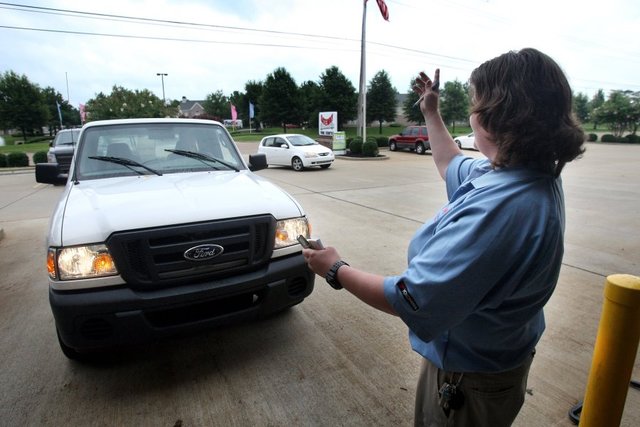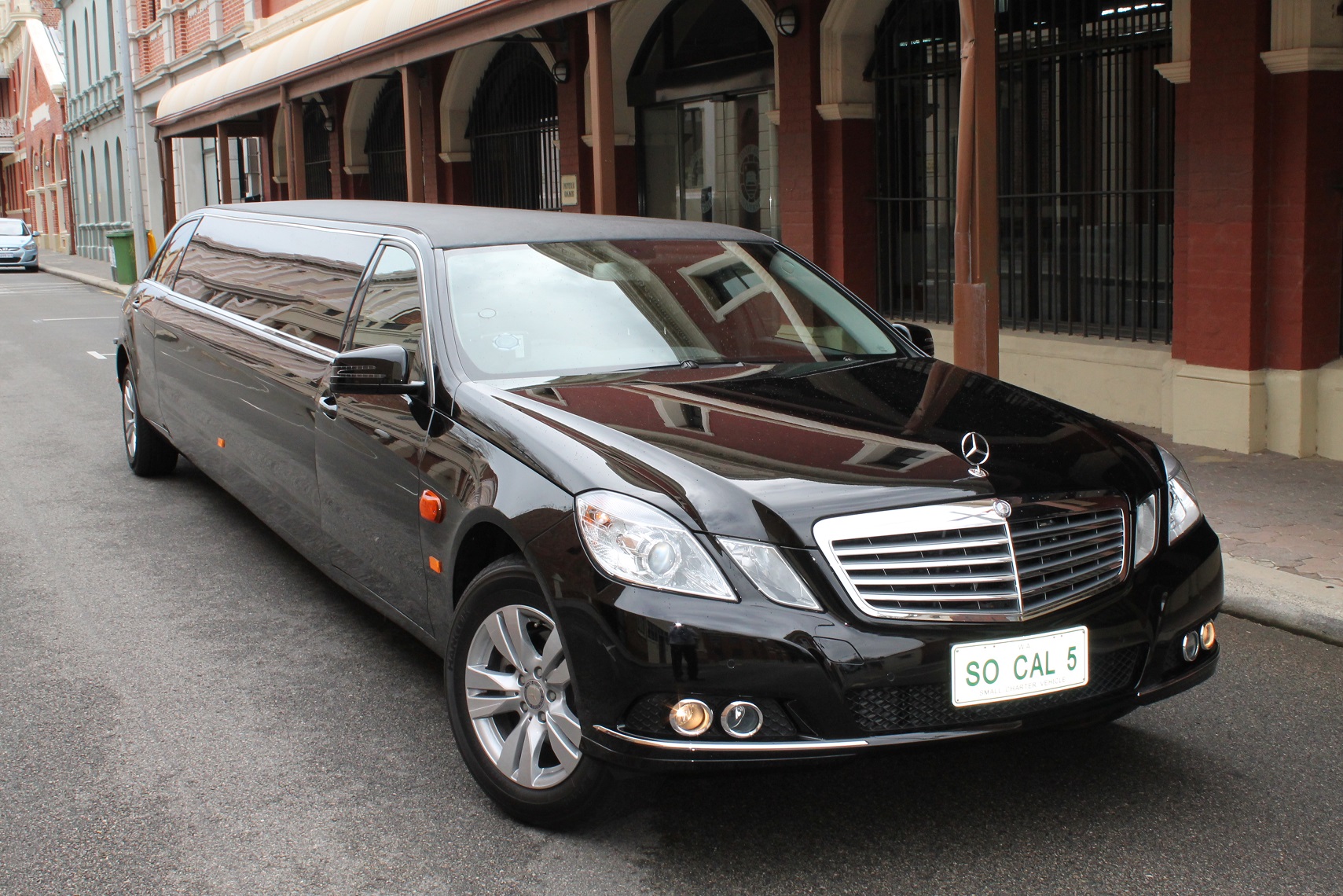The thought of driving can be very daunting to some people especially if they have never driven abroad before. However if you are well prepared and know exactly what to expect then there is no reason why you can’t have a pleasurable drive once you have prepared for every eventuality.
Generally speaking it is not that difficult to drive but there are several things that you should be aware of before you set out on a journey that requires you to drive in France. This guide will help you to make sure that you are as prepared as you could possibly be and ready for any eventuality.

Age requirements and speed limits
For a UK driver to drive you must be 18 years or older and have UK insurance which has automatic third party cover. If you are unsure about whether your policy lets you drive abroad then it definitely a good idea to check with your insurance providers before you begin your journey. As with any where that you drive you should be aware of the speed laws as there are lots of speed traps and you could be met with a heavy fine if you are caught out. It is also illegal to carry a radar detector in your car.
Look out for the speed regulations, they are shown at the start of a town name sign and when you see the same sign with a diagonal red line the speed restrictions have ended.
Help and advice
There are other pieces of help and advice that you should be aware of before setting off on your journey to France.
If you are driving with children be sure to make yourself aware of the different requirements for children when driving in France. Both the driver and all passengers should be wearing seat belts at all times. You should also be aware that children under the age of ten years old are not permitted to sit in the front seat of the car unless it is a specially adapted rear facing seat, a baby or toddler seat for example.
As of July 2012 it is obligatory for vehicles to carry a breathalyser specifically calibrated to the French alcohol limit (0.5%) and that is NF approved. Failure to comply with these regulations may result in a fine.
Tolling
Before you set off to drive you should be aware of the system of motorway tolls France. Most of the main roads are privately owned and therefore anyone who drives on them is required to pay a toll. It is possible to travel around France on free roads but it will take much longer and you spend in fuel what you save on the tolls.
Toll roads work by issuing you with a ticket on entrance to the road then charging you on the way off. There are things that you can do to make sure that tolling does not slow you down or inconvenience you in any way. You can buy special tags called Liber-t tags that you place on your wind screen near the rear view mirror. These tags allow pass through the tolls with your tag being scanned at each pay point and then payment is taken from your bank account by direct debit. This can be much easier especially for UK drivers who often have to lean over the passenger seat or exit the car to pay the toll. Go for dsa practical today.




